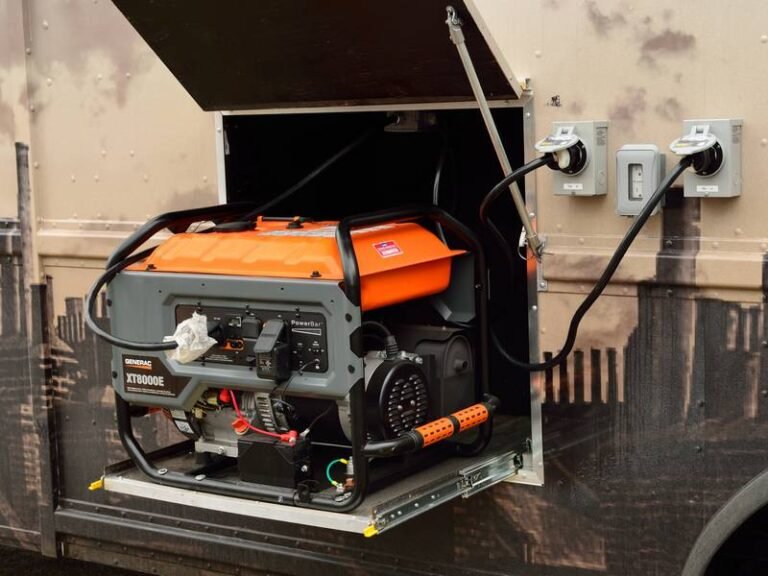What Electrical Work Can Be Done Without a Permit
Starting electrical projects is a regular part of being a homeowner, but it’s important to know where the regulations draw the lines. A lot of people ask, “What electrical work can be done without a permit?” We’ll delve into the specifics of electrical projects in this extensive guide and clarify what can be done without a permit. Complying with these rules can guarantee that your home renovation projects go smoothly and legally.
Typical Electrical Projects Not Needing Permits
Although building rules and safety precautions necessitate permits for electrical work, certain low-risk or modest projects may be excused. The following summarizes the types of electrical work that don’t require a permit:
- Replacing outlets and fixtures
Replacing outlets and fixtures is one of the electrical tasks that is usually allowed to proceed without official approval. Replacing light fixtures, outlets, or switches with equivalent apparatuses is commonly seen as a simple modification, enabling homeowners to enhance or personalize their electrical and lighting arrangements.
But it’s crucial to follow safety regulations, making sure the replacement doesn’t require any risky changes or major rewiring. - Ceiling fan installation
Installing a ceiling fan is another job often omitted from permit requirements. Homeowners often don’t need a permit for installations as long as they don’t need significant electrical changes, such shifting wiring or creating a new circuit.
To guarantee the safety and compliance of the installation, it is important to adhere to the manufacturer’s instructions and, if in doubt, get advice from a licensed electrician. - Fixing the Current Wiring
In most cases, fixing existing wiring is allowed without official approval. This entails repairing worn-out or damaged wire sections, taking care of exposed conductors, and correcting damaged or defective wiring.
Although repairs are usually excluded, it’s important to use caution and seek professional help if the repair is more involved than routine maintenance.
Knowing the Boundaries: When to Apply for a Permit
Although some electrical improvements don’t require a permit, it’s important to understand when these exceptions apply. Knowing when to apply for a permit guarantees that large-scale projects abide by local laws and safety requirements. In the following situations, getting a permit is advised:
- New Installations of Circuits
Permission is frequently needed for building new electrical circuits, whether for more outlets or appliances. This guarantees that the electrical load on the system in your house is properly managed, avoiding problems like overloaded circuits or even fire threats.
It is always advisable to inquire about the particular criteria for new circuit installations in your region from the building department in your community. - Upgrades to Service Panels
A permit is usually required when upgrading your home’s service panel to handle growing electrical demand. This significant project entails changing or replacing the electrical panel, and securing a permit guarantees adherence to safety guidelines.
Upgrading a service panel requires expert advice to ensure that the work complies with industry requirements. - Wiring Added to or Modified
A permit is often needed for any project that involves major additions or adjustments to the wiring infrastructure of your property. This covers jobs like moving outlets, installing new circuits, and rewiring sections of your house.
In these situations, it is imperative to seek professional advice and secure a permit in order to avoid safety risks and guarantee adherence to building rules.
Key Terms for Electrical Project Navigation
For homeowners, knowing “what electrical work can be done without a permit” is essential. The following keywords can help you narrow down your search:
- Electrical Work at Home
To improve your knowledge of safe and legal procedures, investigate a range of home electrical project components, from little repairs to large installations. - Construction Codes
Investigate your area’s construction laws and regulations to make sure that your electrical projects meet local specifications, encouraging safety and standard observance. - Do It Yourself Electrical
Learn about advice and guidelines for Do-It-Yourself (DIY) electrical projects for a successful and knowledgeable home remodeling journey. This includes recommendations and criteria for projects that fall inside the scope of work exempt from permits.
In Conclusion
As we come to the end of our investigation into “what electrical work can be done without a permit?” it is clear that some projects give homeowners flexibility. But, it’s important to understand the boundaries of these exclusions and proceed with caution, particularly when working on more difficult electrical chores. Through comprehension of regional laws, obtaining expert advice when necessary, and remaining up to date on safety standards, householders can handle electrical improvements with assurance and conformity.







